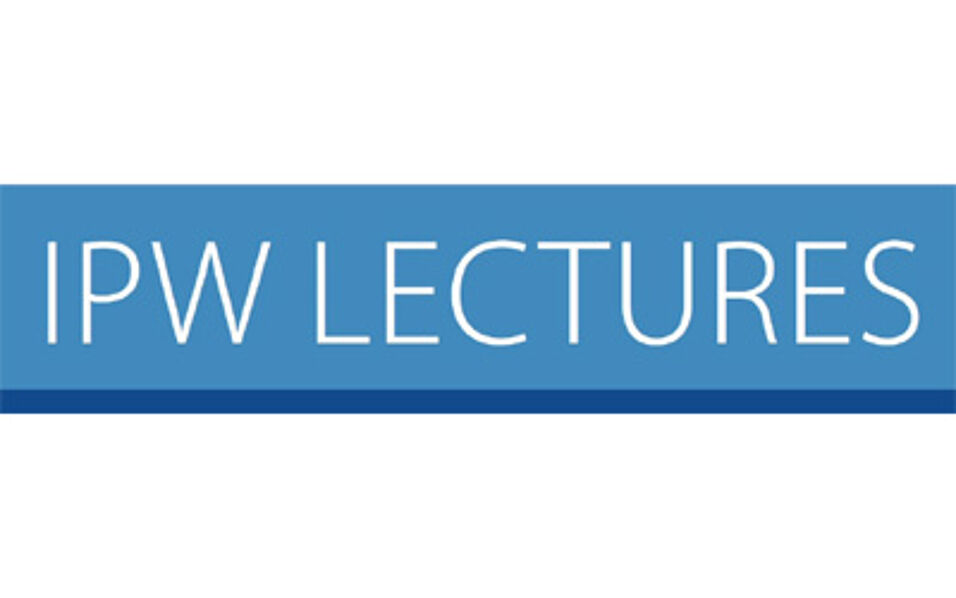Invitation to the IPW Lecture The Improper Demos: A Democratic Critique of Property.
Lecturer: Mark Devenney (University of Brighton)
Discussant: Margarete Haderer (Department of Political Science, University of Vienna / Vienna University of Economics)
Moderation: Oliver Marchart (Department of Political Science, University of Vienna)
When: Wednesday, 12. December 2018, 15:00
Where: Hörsaal 1, Tiefparterre Main Building of the University of Vienna, stairway 1 court 1, Universitätsring 1, 1010 Vienna
Abstract:
In this lecture I make two straightforward arguments against populist politics. First, I argue that populism is not in itself democratic. It is only democratic insofar as it evidences a politics which enacts equality. In contrast with existing literature I distinguish the demos from the people. The demos stretches to breaking point whatever notion of the people has become hegemonic. Second I characterize democratic populist politics as transnational. Where populism is articulated to an imagined national community it betrays democratic equality. I draw an analogy between contemporary debates in queer theory about the politics of trans-identities, and trans-national populist politics. I thus take a dual gamble: I assume that democracy is compatible with populism, if we can envisage transnational forms of populist politics. The lecture contrasts right wing and left wing versions of populism. Left wing populisms which rely upon established notions of the people may replicate and foster right wing exclusionary practices. The lecture draws on an example from the period shortly before the Yugoslav wars. When independence was declared in Slovenia in 1991 18000 former citizens were left with no legal status whatsoever. The so called ‘Erased’ were left with no legal status. They lost their citizenship rights, their ability to vote, to be registered as dead and to legal burial, to legal job status, and of course to the ownership of property. This impropriety arose because of the anomalies of citizenship, the need to define who was properly of the people and who not. Property and ‘People’ are at the heart of questions about the relationship between the people and the demos. In this case it is those with no status whatsoever who come to speak as the demos, insisting on their equality, against the newly triumphant Slovene people.
An event within the IPW Lectures, an international lecture series of the Department for Political Science, University of Vienna.

